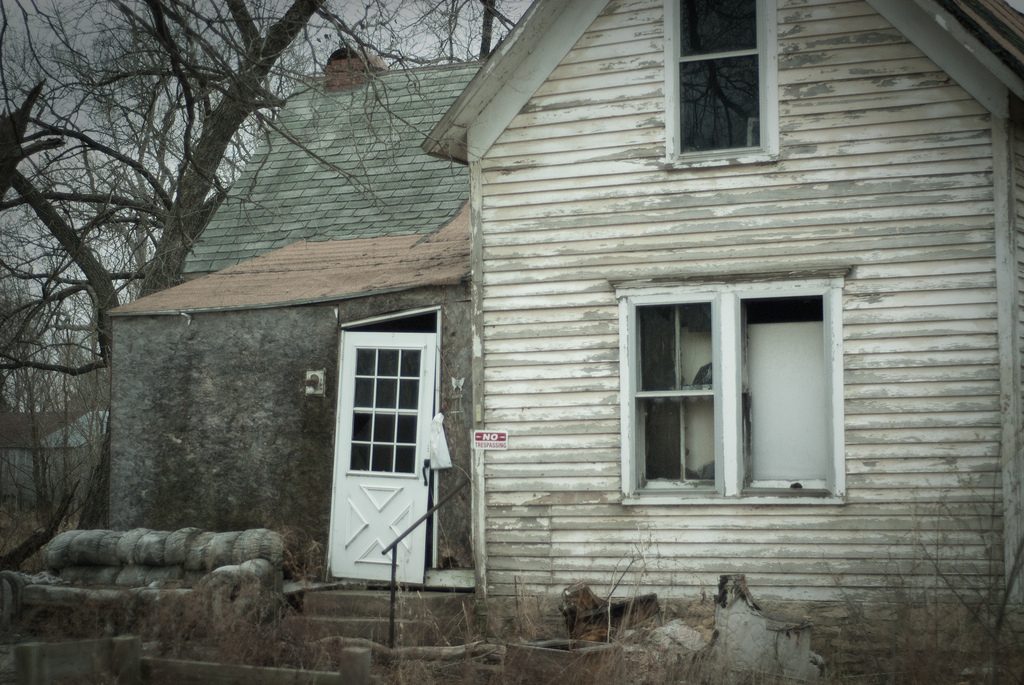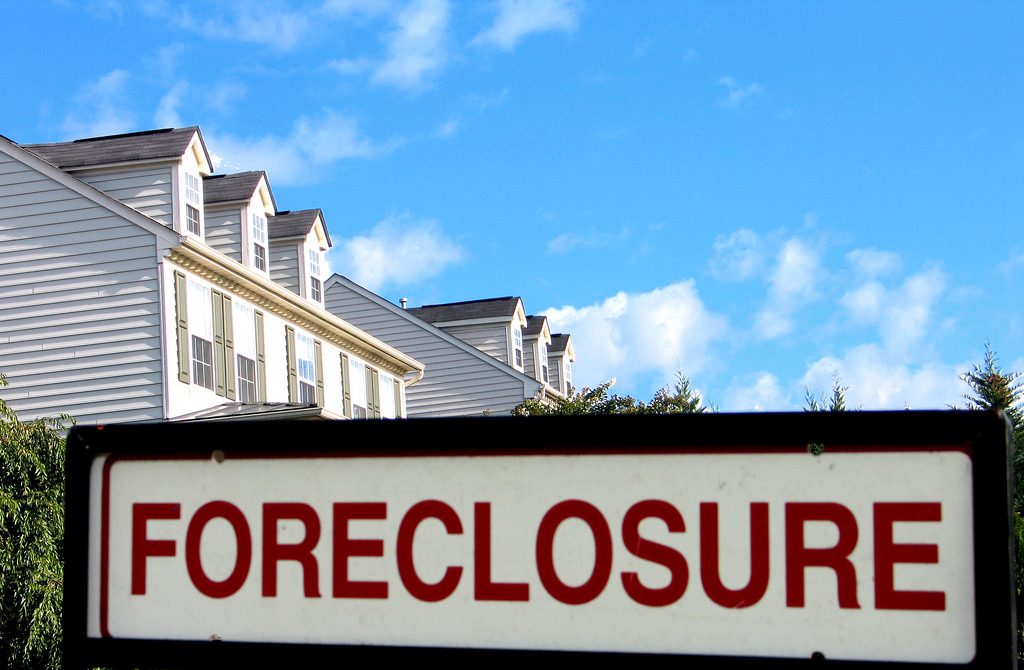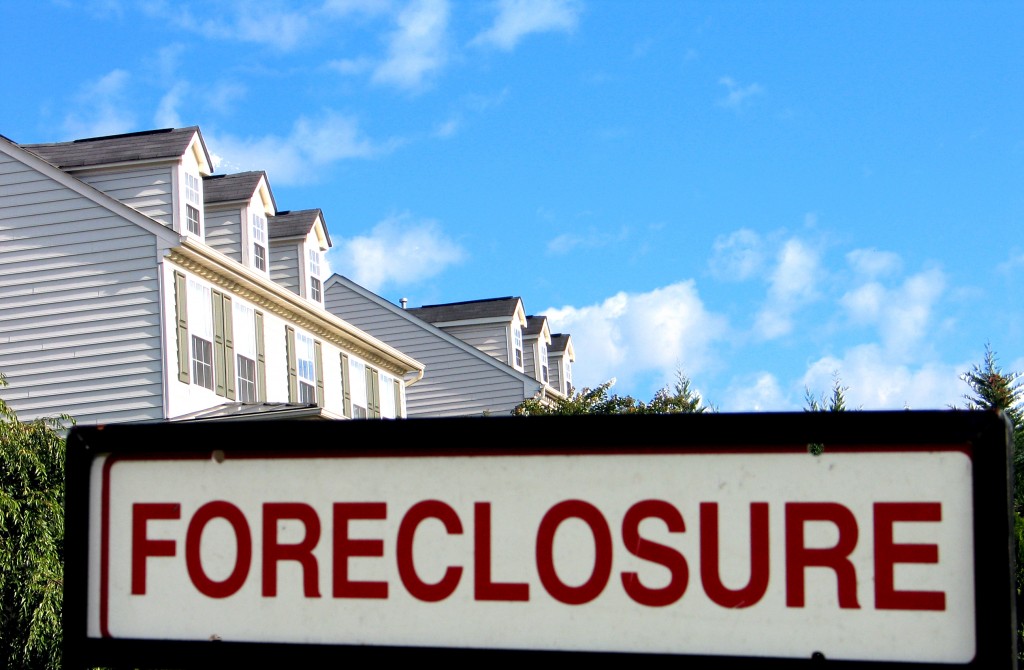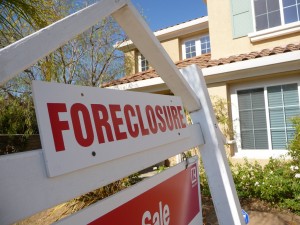While the real estate market in Florida is continuing to recover from the recession, there are still some foreclosed properties on the market. Historically the foreclosure rate in the entire state of Florida hovers right around five percent, which means there will always been foreclosed houses on the market. While buying a foreclosure can be a great way to get into a the real estate market at a lower price there are other points to consider.
As-Is
The most important thing Buyers should be aware of when buying a foreclosed property is that it is almost always an “as-is” property. Not all properties will be ramshackled or falling down but the average foreclosure house sits empty for at least a year before the mortgage company is able to take possession and list it for sale. While many municipalities have enacted laws that require mortgage companies to perform basic maintenance on a property, there is still the possibility that the interior or housing systems may have fallen into disrepair. While you may save money on the purchase price, it may be used to resolve any existing issue after closing.

Negotiations
It’s no secret that mortgage companies are motivated to sell their foreclosed home, also known as REOs (real estate owned). That doesn’t necessarily mean you’ll walk away the owner of a home for pennies on the dollar. In fact, most REOs sell for within 5% of the fair market value of a similar property. When considering your options for negotiations, you and your Realtor need to evaluate the absorption rate and sale price of similar properties. If the absorption rate, the rate at which a house sells, is high and the sale price is comparable you may want to come in with your first and best offer.
It Takes Time
In a traditional transaction, a Buyer will make an offer to the Seller and a deal will be struck or decline within 72 hours. That’s not always the case for foreclosed properties. Depending on the volume of properties the mortgage company is handling may determine how fast or slow an offer is reviewed and approved, denied, or countered. At the height of the foreclosure crisis it wasn’t unheard of to wait several weeks for a response to an offer. Now that volume is decreasing, response times average a few days to a week. That may not be the only hang up though. When the title insurance company begins to review the property’s title report, there may still be open claims, liens, and taxes. While most of these items should have been taken care of at the time of foreclosure, the title company will need to investigate each of them before allowing closing to proceed.
Purchasing a foreclosure doesn’t have to be a nightmare experience or one you should immediately discredit. If you’re aware of the market, do your due diligence, and have a bit of patience you can take that foreclosed house to home.



